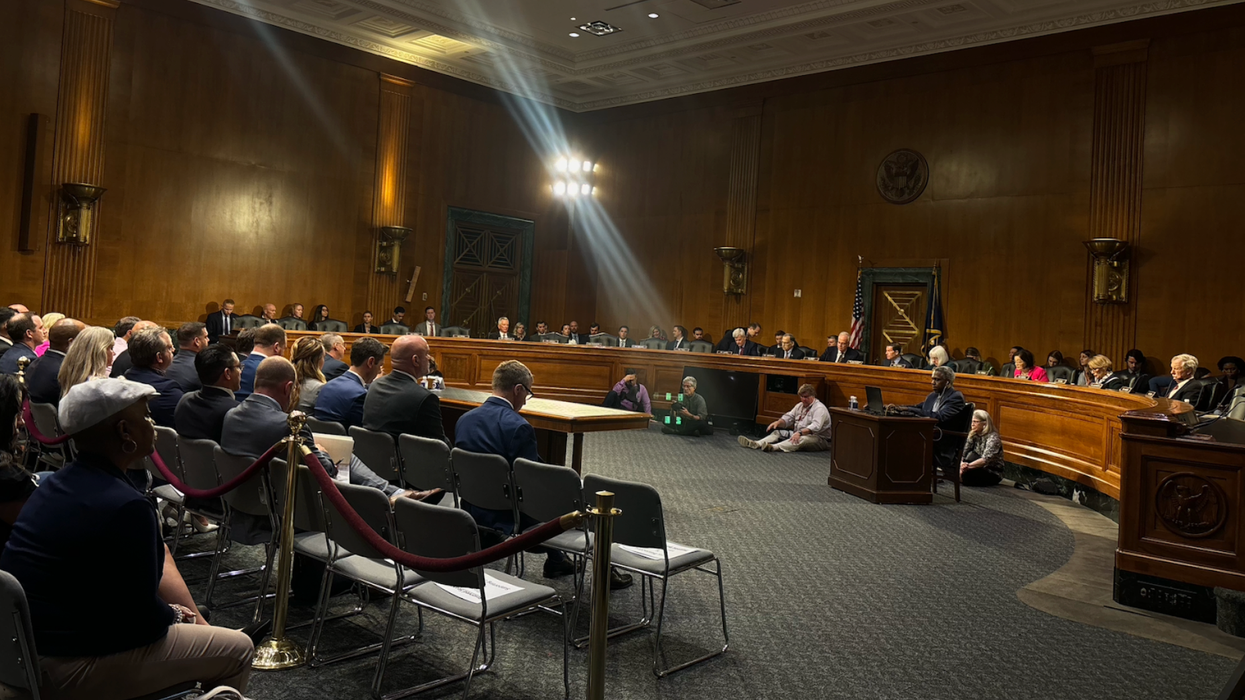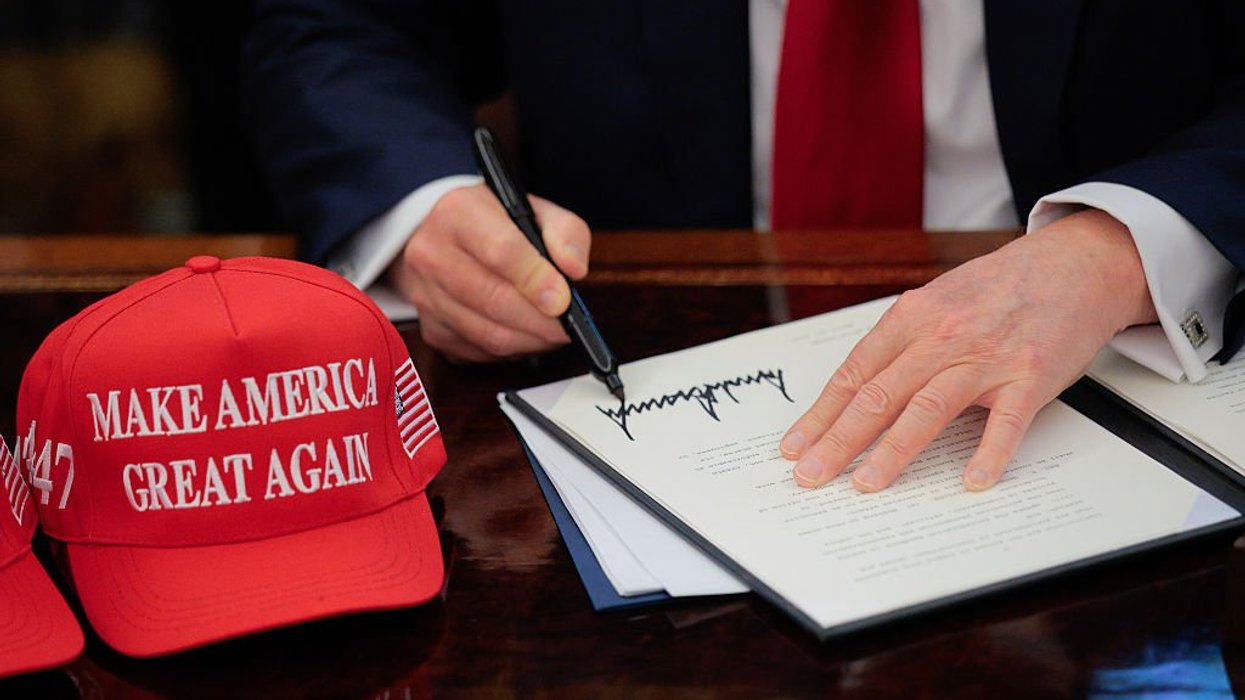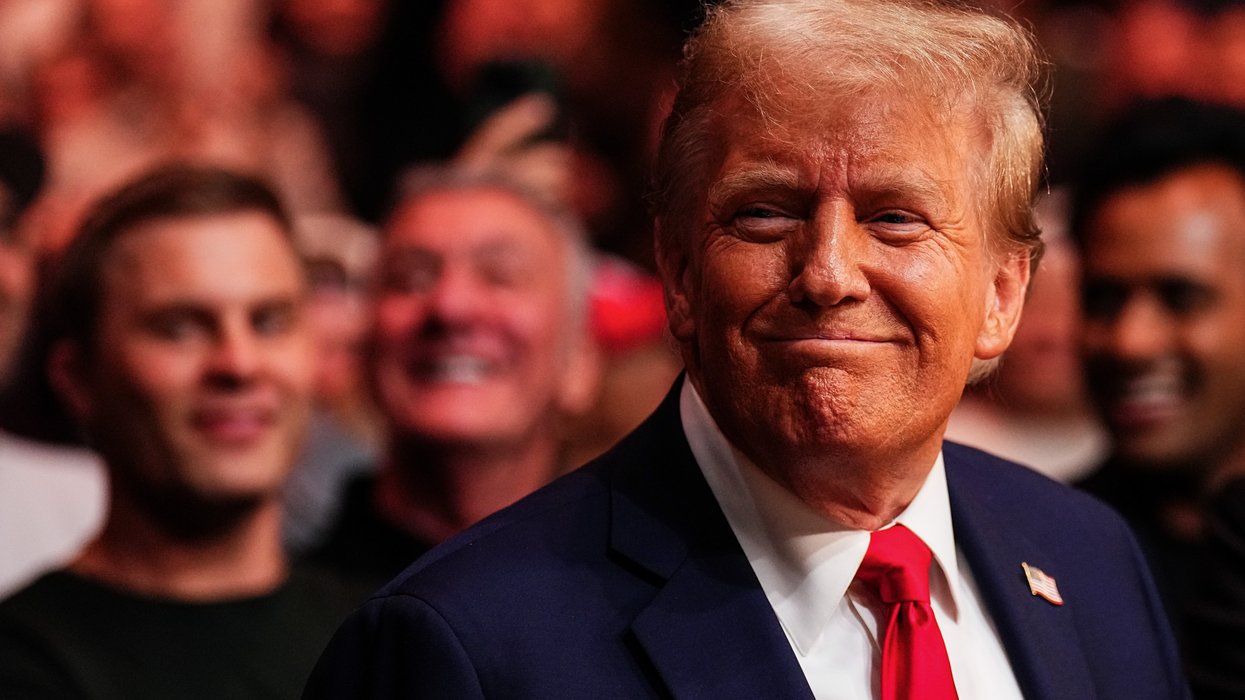Hoping to persuade the public that not all of Congress is broken all of the time, a nonprofit that works to make Capitol Hill run more smoothly recognized six lawmakers today for operating particularly noteworthy offices.
"Americans usually only hear about Congress when something goes wrong," Congressional Management Foundation President Bradford Fitch said in announcing the bipartisan roster of awardees, who were chosen by a panel of former members and staffers. "The Democracy Awards shines a light on Congress when it does something right."
For top-notch constituent service, the winners were GOP Sen. Marco Rubio of Florida and Democratic Rep. Ro Khanna of California.
Awards for fostering a humane work-life balance and opportunities for professional development went to GOP Sen. Mike Crapo of Idaho and Democratic Rep. Salud Carbajal of California.
And for official websites and other public communications distinguished by informational depth and clarity, rather than public relations puffery, the winners were Republican Sen. Steve Daines of Montana and Democratic Rep. Mark DeSaulnier of California.





















